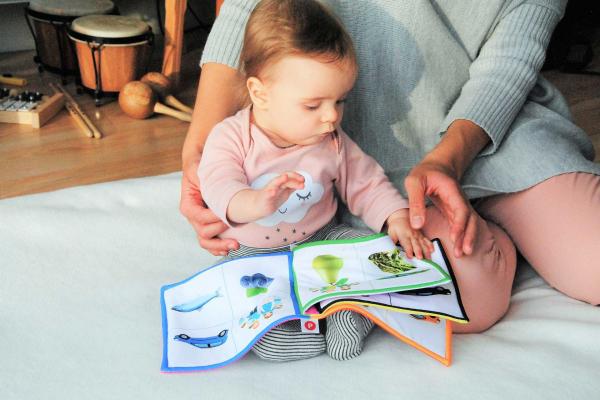Language lessons
The languages we speak and how we speak them are an integral part of our identity, shaping not only how we see the world but also how people see us. In January, Horizon puts language under the spotlight, kicking off the month with a look at Europe’s minority languages and how to preserve them. We also delve into the social and cognitive aspects of language use, finding out how accents arise and how they affect people’s perception of the speaker, and discovering how ageing affects linguistic capacity in bilingual people – and vice versa. We also speak to researchers looking into the language impairment dyslexia and potential options for early diagnosis.
When it comes to learning languages small children beat machines hands down, even though they are exposed to only a fraction of the vocabulary fed into algorithms. So what exactly makes them so good?
Speaking two languages is a highly valuable skill but is an unlikely defence against age-related cognitive decline as previously thought, according to new research on ageing and bilingualism.
Most children are able to learn language almost effortlessly. But for those with communication disorders such as dyslexia, mastering their native tongue can be a challenge. Researchers are exploring how links with noise, language and motion could help diagnose problems earlier and pave the way for better treatment.
Europe’s minority languages have been squeezed by nation-building, urbanisation and the ‘lingua francas’ of the internet, according to Professor Anneli Sarhimaa, specialist in Northern European and Baltic languages and cultures at the University of Mainz, Germany. But one lesson she has learned from researching the fate of the Finnic language Karelian, spoken in Finland and north-western Russia, is that digital media can also help revitalise them.
Bi-weekly news alert
The best Horizon stories, delivered to your inbox
Subscribe now





